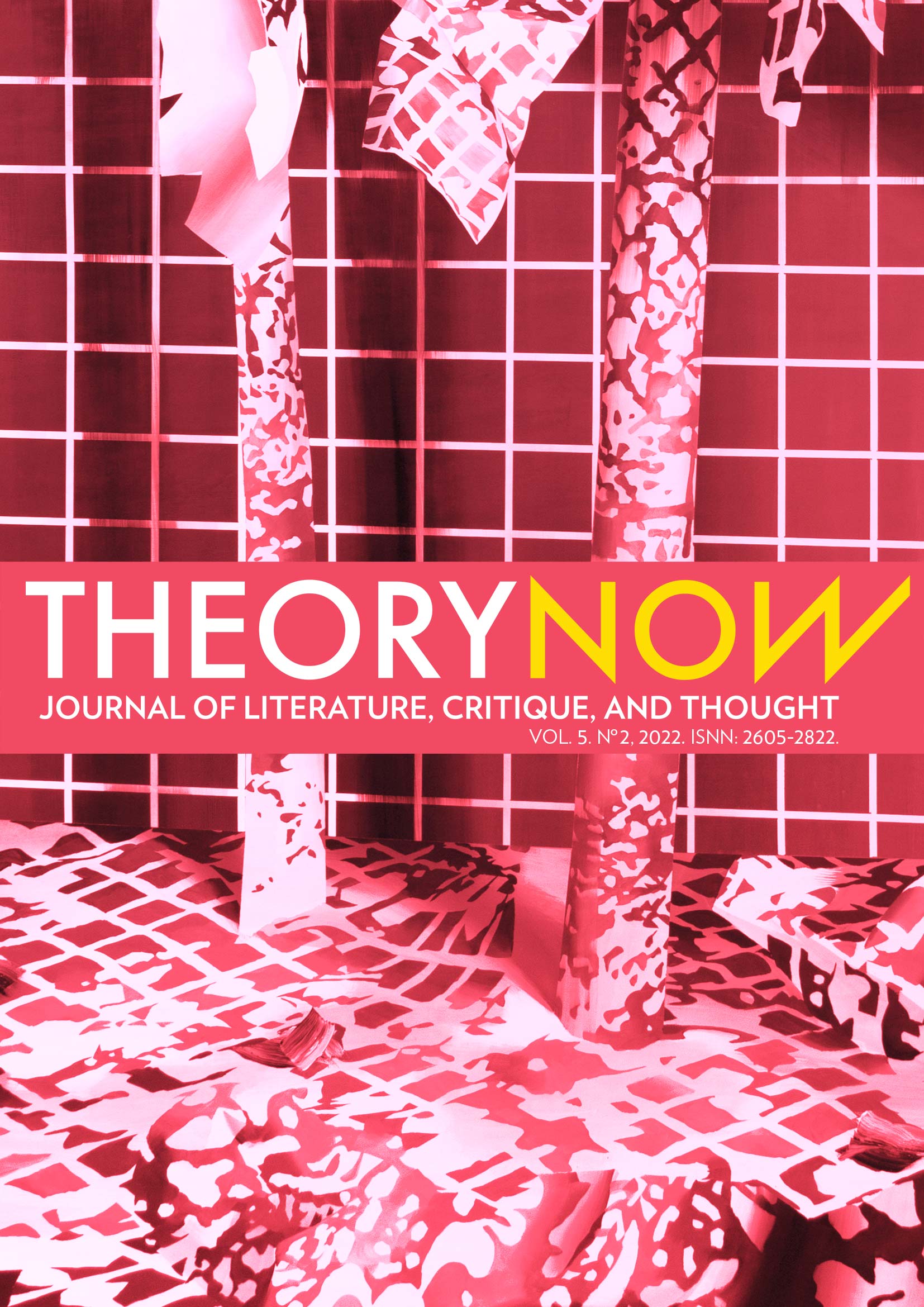Terry Eagleton's Divine Comedy
DOI:
https://doi.org/10.30827/tn.v5i2.24633Keywords:
Comedy, Religion, the body, suffering, politicsAbstract
This essay reflects on the links between comedy and religion in Terry Eagle- ton’s writing since 2000. It proposes that religious thought provides the same kind of occasion and imperative to take comedy seriously as Marxist theory had done earlier in Eagleton’s career. The essay argues that the connecting principle between Marxism, Catholicism, criticism and comedy is the body, especially in its conjoining of absurdity and abasement. It proposes that comedy is best regarded as the enactment of the fantasy of cognitive omnipotence, or the abstract will-to-enjoyment in constant search for occasions. We therefore likely joke for the same reason as we pray, for the pleasure of getting above ourselves, which includes the gratifying prospect of seeing ourselves tumbling off the ladder, which might be a slapstick translation of the felix culpa, or fortunate fall. If Eagleton’s critical comedy is officially offered as a salutory foretaste of the pleasure of redemption, its gratifications seem always also to lie down where all the ladders start, in suffering and finitude.
Downloads
References
Anselm, St. St. Anselm’s Proslogion: With A Reply on Behalf of the Fool by Gaunilo and The Author’s Reply to Gaunilo, translated and edited by M. J. Charlesworth. Notre Dame, University of Notre Dame Press, 1979.
Beckett, Samuel. Three Novels: Molloy, Malone Dies, The Unnamable. New York, Grove Press, 1959.
____. Collected Shorter Prose 1945-1980. London, John Calder, 1984.
____. Complete Dramatic Works. London, Faber and Faber, 1990.
____. Murphy, edited by J.C.C. Mays. London, Faber and Faber, 2009.
Connor, Steven. “Art, Criticism and Laughter: Terry Eagleton on Aesthetics”. Steven Connor, 1998, http://stevenconnor.com/artlaugh.html.
____. “Ludicrous Inbodiment”. Steven Connor, 7th April 2017, http://stevenconnor.com/inbodiment.html.
Critchley, Simon. On Humour. London and New York, Routledge, 2002.
Eagleton, Terry. Sweet Violence: The Idea of the Tragic. Malden MA and Oxford, Blackwell, 2002.
____. Holy Terror. Oxford, Oxford University Press, 2005.
____. Reason, Faith and Revolution: Reflections on the God Debate. New Haven and London, Yale University Press, 2009.
____. On Evil. New Haven and London, Yale University Press, 2010.
____. Culture and the Death of God. New Haven, Yale University Press, 2014.
____. Radical Sacrifice. New Haven and London, Yale University Press, 2018.
____. Humour. New Haven and London, Yale University Press, 2019.
Freud, Sigmund. The Standard Edition of the Complete Psychological Works of Sigmund Freud. 24 vols, translated and edited by James Strachey et al. London, Hogarth Press, 1953-74.
Herbert, George. The Complete English Poems. John Tobin (ed.), London, Penguin, 1991.
Hobbes, Thomas. The English Works of Thomas Hobbes of Malmesbury. Vol. IV. Sir William Molesworth (ed.). London, John Bohn, 1840.
____. Leviathan: A Critical Edition, edited by Sir William Molesworth. 2 Vols. London, Continuum, 2005.
Jerrold, Walter(ed.). The Big Book of Nursery Rhymes. London, Blackie and Son, 1920. Lewis, Wyndham. The Complete Wild Body, Bernard Lafourcade (ed). Santa Barbara, Black Sparrow Press, 1982.
MacLeish, Archibald. Collected Poems. Boston, Houghton Mifflin, 1952.
Medawar, P.B. “VI.- Critical Notice. The Phenomenon of Man by Pierre Teilhard de Char- din”. Mind, vol. 70, 1961, pp. 99–106.
Moffatt, James. “Aristotle and Tertullian”. Journal of Theological Studies, vol. 17, 1916, pp. 170-171.
Tertullian (Quintus Septimius Florens Tertullianus). Tertullian’s Treatise on the Incarnation, translated and edited by Ernest Evans. London, SPCK, 1956.
Downloads
Published
How to Cite
Issue
Section
License
Theory Now. Journal of Literature, Critique, and Thought is an immediate open-access publication which is available at no cost for readers and authors alike. Authors are not charged any kind of fee for the editorial processing of their articles. Reading, downloading, copying, distributing, printing, searching, linking or reusing all published articles for non-commercial uses is allowed on the condition of citing the author, the journal and the editing body. All intellectual material published in this journal is protected under a Creative Commons Attribution-NonCommercial 3.0 Spain license.
Dissemination of the articles in social (Facebook, Twitter, Linkedin, etc.) and scientific networks (ResearchGate, Academia.edu, etc.), public repositories at universities and other institutions, blogs, personal or institutional websites, Google Scholar, ORCID, ResearchID, ScopusID, etc. is strongly encouraged. In all cases, the intellectual property of the articles and any possible monetary profits derived from them belong exclusively to the authors.













